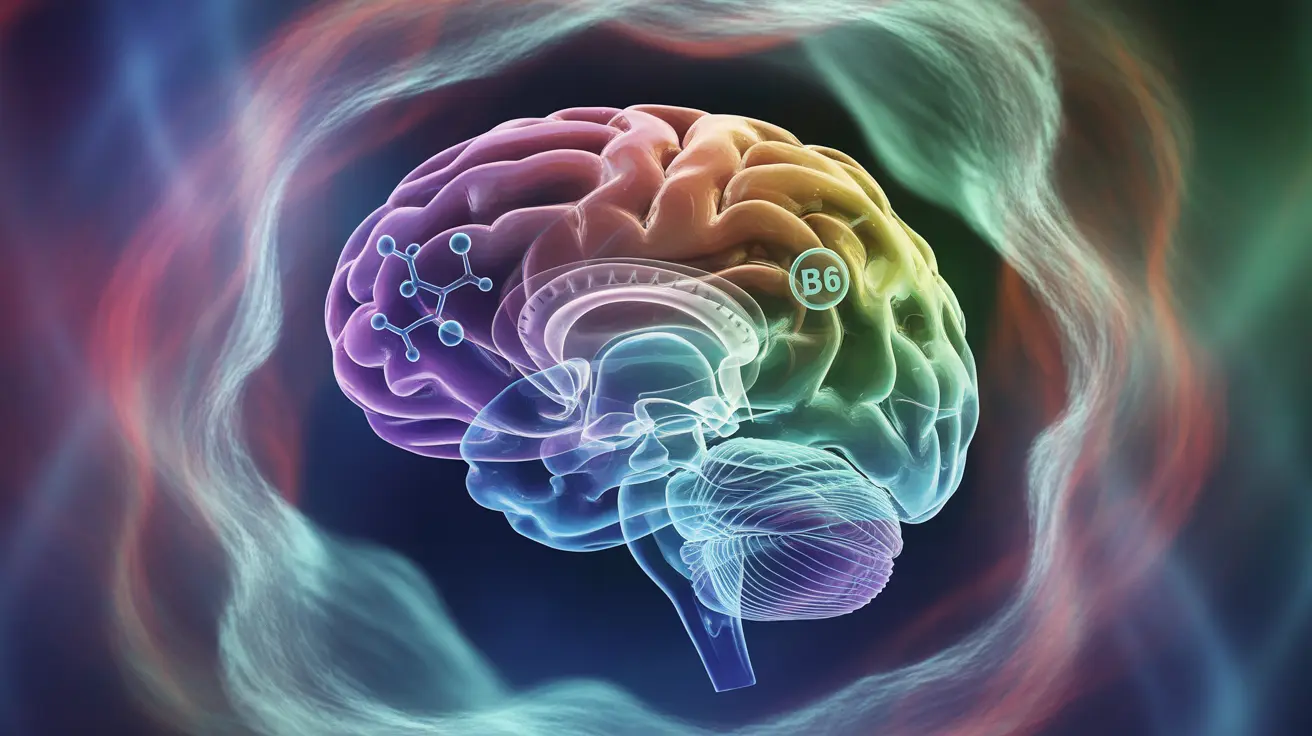Pyroluria, also known as pyrrole disorder or kryptopyrrole disorder, is a biochemical condition that can significantly impact mental health and overall well-being. This complex disorder affects the body's ability to properly utilize certain essential nutrients, particularly zinc and vitamin B6, leading to various psychological and physical symptoms.
While controversial in traditional medicine, understanding pyroluria is crucial for those experiencing its symptoms or seeking answers to unexplained mental health challenges. This comprehensive guide explores the key aspects of pyroluria, from its symptoms to treatment approaches.
Common Signs and Symptoms of Pyroluria
Pyroluria manifests through various physical and psychological symptoms, which can vary in intensity among individuals:
Mental Health Symptoms
- Anxiety and social anxiety
- Depression or mood swings
- Poor stress tolerance
- Inner tension and nervousness
- Poor short-term memory
Physical Manifestations
- White spots on fingernails
- Poor morning appetite
- Sensitivity to bright lights and loud noises
- Pale skin that burns easily
- Joint pain or stiffness
Diagnosis and Testing Methods
Diagnosing pyroluria typically involves specialized testing procedures and careful clinical evaluation. The primary diagnostic tool is a urinary kryptopyrrole test, which measures the levels of hydroxyhemopyrrolin-2-one (HPL) in urine samples.
Testing should be conducted under the supervision of a qualified healthcare provider who can properly interpret results and rule out other potential conditions. It's important to note that some mainstream medical institutions may not recognize or offer testing for pyroluria.
The Role of Nutrient Supplementation
Treatment for pyroluria often centers around addressing nutritional deficiencies, particularly:
Vitamin B6 Supplementation
- Helps with neurotransmitter production
- Supports immune system function
- Assists in stress management
- May improve mood regulation
Zinc Supplementation
- Supports immune system health
- Aids in protein synthesis
- Helps maintain hormone balance
- Important for cognitive function
Differential Diagnosis and Related Conditions
Pyroluria symptoms can overlap with several other mental health conditions, making accurate diagnosis crucial. Healthcare providers must carefully evaluate symptoms to distinguish pyroluria from:
- Anxiety disorders
- Depression
- ADHD
- Bipolar disorder
- Autism spectrum disorders
Lifestyle and Dietary Management
Managing pyroluria often requires a comprehensive approach that includes lifestyle modifications:
Dietary Recommendations
- Emphasize zinc-rich foods
- Include B-vitamin complex foods
- Reduce sugar and processed foods
- Stay hydrated
Lifestyle Changes
- Stress management techniques
- Regular exercise
- Adequate sleep
- Avoiding alcohol and stimulants
Frequently Asked Questions
What are the primary symptoms of pyroluria and how does it affect mental health? Pyroluria primarily affects mental health through symptoms like anxiety, depression, mood swings, and poor stress tolerance. Physical symptoms can include white spots on fingernails, poor morning appetite, and sensitivity to light and sound.
How is pyroluria diagnosed, and what are the typical urine tests used? Pyroluria is diagnosed through a urinary kryptopyrrole test that measures HPL levels. This specialized test should be conducted under professional medical supervision and may need to be repeated for accuracy.
What role do vitamin B6 and zinc supplements play in treating pyroluria? Vitamin B6 and zinc supplements are crucial in treating pyroluria as they help address the core nutritional deficiencies associated with the condition. These supplements support neurotransmitter production, immune function, and overall mental health.
Can pyroluria be mistaken for other conditions like ADHD or bipolar disorder? Yes, pyroluria can be mistaken for various mental health conditions due to overlapping symptoms. Proper testing and evaluation are essential for accurate diagnosis and appropriate treatment.
Are there any lifestyle changes or dietary recommendations that can help manage pyroluria symptoms? Yes, managing pyroluria involves dietary changes such as increasing zinc and B-vitamin-rich foods, along with lifestyle modifications including stress management, regular exercise, and maintaining good sleep habits.




